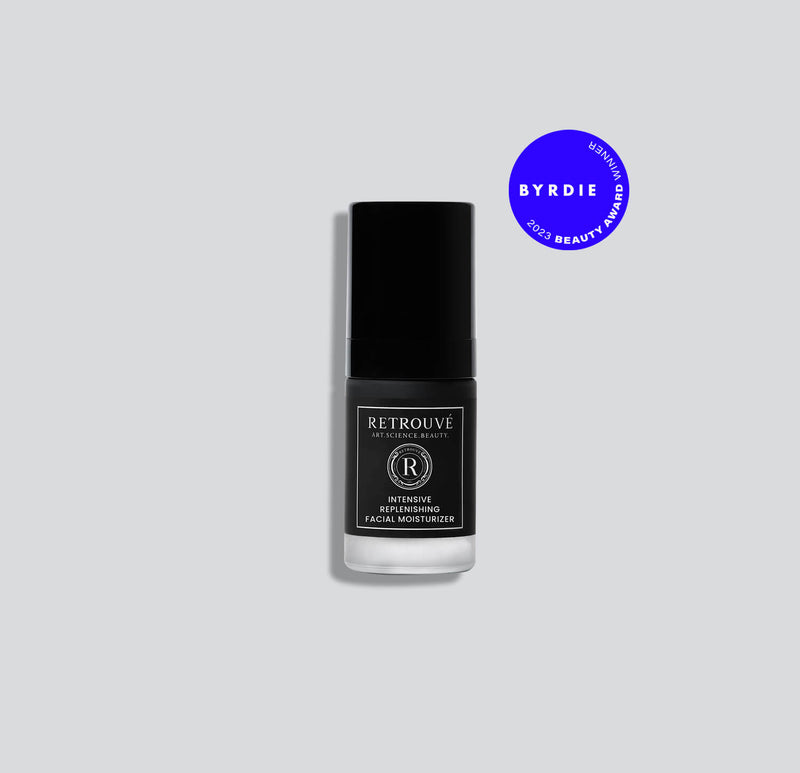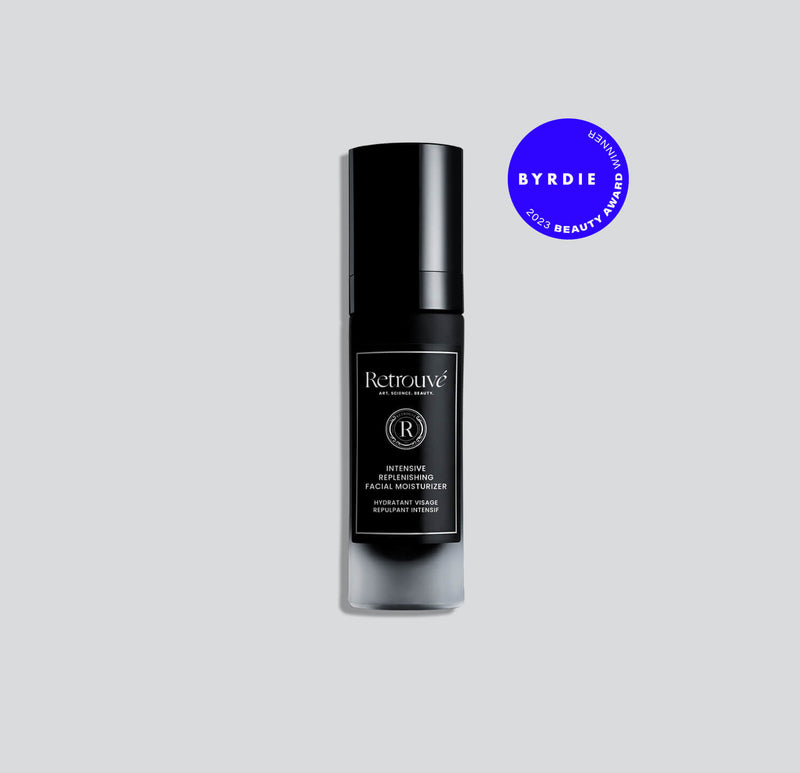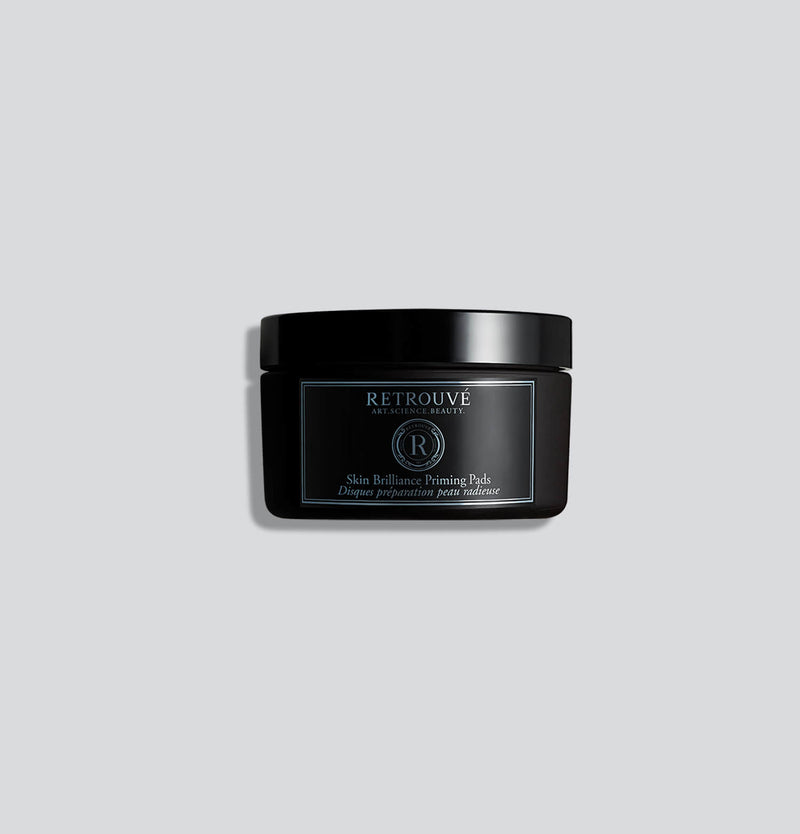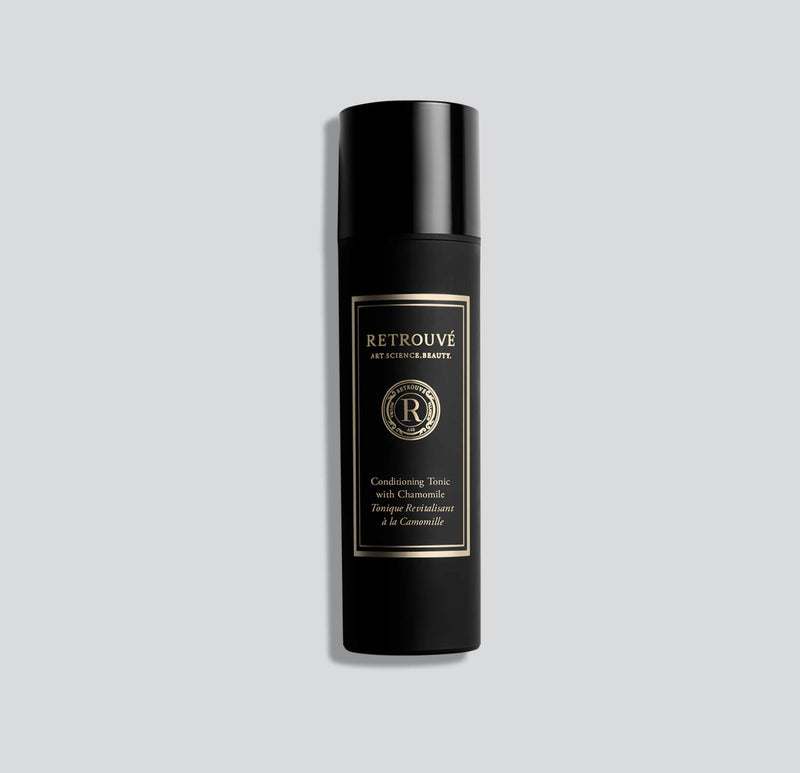No matter what culture we’re from, hair is an essential part of what makes us who we are.
That’s why when we had the opportunity to interview Lindsey Farrar, co-founder and editor-in-chief of CRWNMAG, a lifestyle magazine centering on natural hair, we were beyond thrilled. This is our fourth installment of Every Skin Has a Story: Women of Color Take on Beauty, an Instagram Live conversation series on racial justice presented by Retrouvé. This week’s topic has us putting on and celebrating our crowns like never before. Read below for more and join us LIVE at @officalretrouve on Instagram to re-watch the broadcast.
The work of CRWNMAG reminds us that there has always been a poetics and a politics to natural hair – from the length of one’s hair and how it connects us to notions of femininity, to the style and texture of our hair, and what that says about our proximity to what’s deemed appropriate or professional. Women’s hair is not a neutral space, so to uplift diverse representations of our hair and our loving relationship to it is valuable, valuable work.
As we prepared for this episode, our team reminisced about our own individual relationships to natural hair and the culture that surrounds it. We talked about the ebbs and flows of what’s deemed fashionable for Black women from the 70’s “Black is Beautiful” afro, to the chemical perms of the 80’s and 90’s, to this new resurgence of embracing curls and kinks of all textures. We talked about the beauty and free-spirit nature of embracing frizzy hair and the challenges of growing up around nothing but women with straight hair textures, to more complicated topics like hair discrimination and the Crown Act, and about non-black women wearing braids, cornrows and other culturally specific hairstyles. Every woman, no matter her background, has a story about hair. As we continue to examine and uplift racial justice principles here at Retrouvé, we felt it was important to include hair in this ongoing conversation around how we think about beauty.
Here are three takeaways from my conversation with Lindsey, EIC at CRWNMAG:
1. Why is hair political, especially for Black women in the US? We cannot forget that throughout US history, laws have been put forth that regulate how Black women can wear their hair in public. During slavery and in the early 19th century, Black women were forced to shave their hair or keep it wrapped and concealed under a scarf of piece of cloth. This edict was not only used as a means of singling out their subservient place in society, but also as a cultural attack on Black women’s worth and self-esteem. Practices like this continue today subtly as forms of hair discrimination. Black women and men are often turned down for educational and professional opportunities because of how their hair is perceived. Currently, it is legal in 43 states to discriminate against someone because of their hair type, texture or style. The CROWN Act was created to push back on this unfortunate reality.
2. Why is it appropriation and not appreciation when non-black women wear Black culturally specific hairstyles like dreadlocks, braids, cornrows and bantu knots? The answer lies in the continued legacy of discrimination for Black people and Black hairstyles. It is important that we not only lift up and appreciate Black culture but that we also lift up and fight for the humanity and realities of all Black people. We cannot separate the culture from the people, and currently Black people can be legally fired, not hired, removed from schools, and degraded because of their hairstyle choices. When non-Black people wear similar styles, they are rarely subject to the same systematic oppression. To know this is to know that appreciation has to be more than just a moment of trying out something new; it has to be a commitment to ending discrimination of all kinds. We must appreciate and advocate for the people attached to these hairstyles just as much as we appreciate the hairstyles themselves.
3. How does supporting racial justice benefit us all? Systems that are failing communities of color are actually failing all of us. We were reminded of this during our group’s discussion on natural hair. Curly hair, brown hair no matter what background you’re from is historically deemed less perfect than straight hair and blonde hair. Narrow aesthetic preferences within a culture make a difference in our perception and understanding of ourselves. Feelings of unworthiness or alienation because of the way we look naturally is a function and bi-product of oppression. To embrace social justice, racial justice, and gender justice is to insist on being able to show up as you are naturally without consequence or fear of not being enough.
Thanks!
You’ll receive an email when it’s back.
featured products
related
Every Skin Has a Story
“Every Skin Has a Story: Women of Color Take on Beauty”
Read
Every Skin Has a Story
Digging Where You Stand: Using Your Platform for Social Change
Read
Every Skin Has a Story
Get to Know Our IG LIVE Guest: Raisa Flowers
Whether behind the scenes as a makeup artist or in front of the lens as model, Raisa Flowers never ceases to convey her distinct point-of-view.
Read






